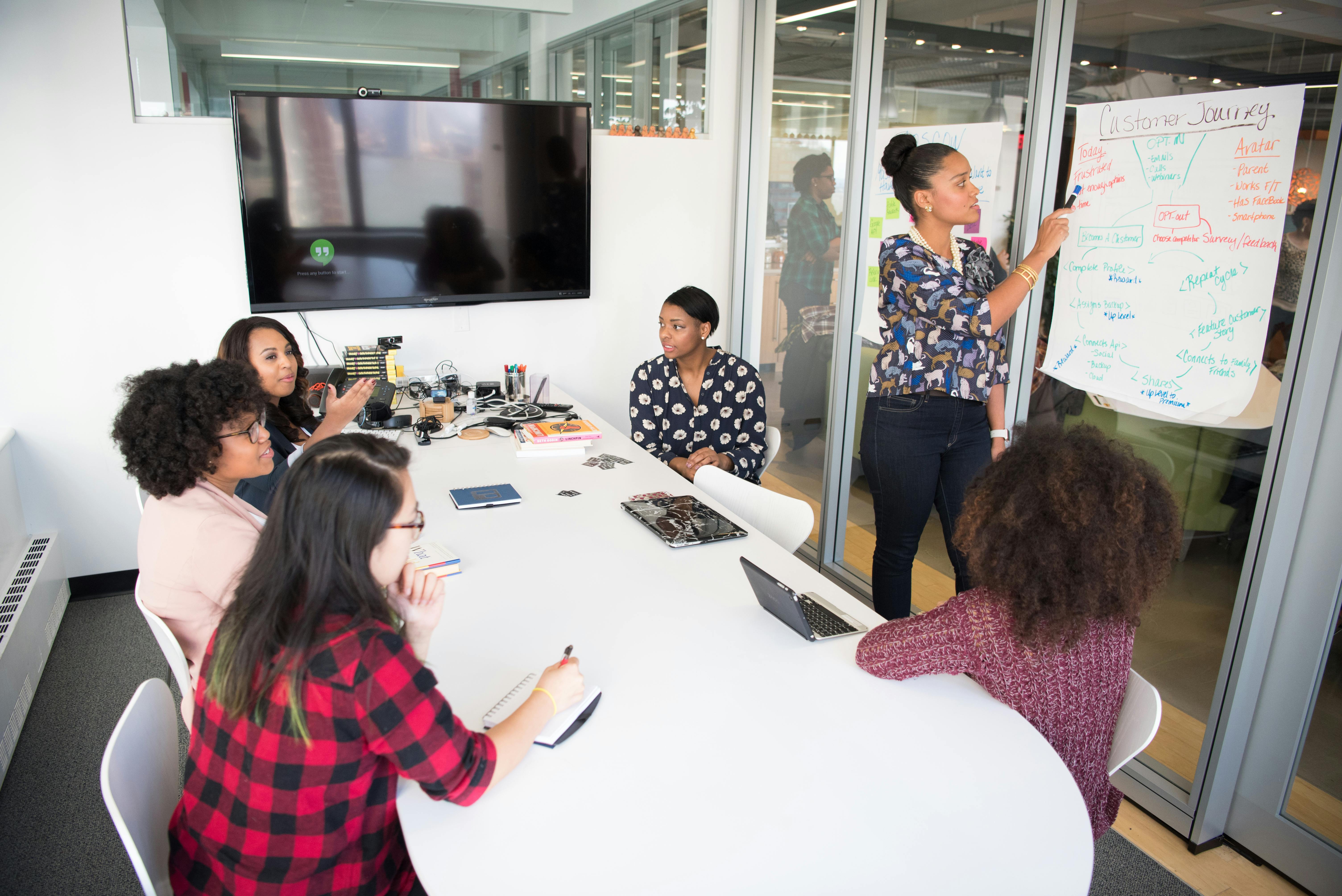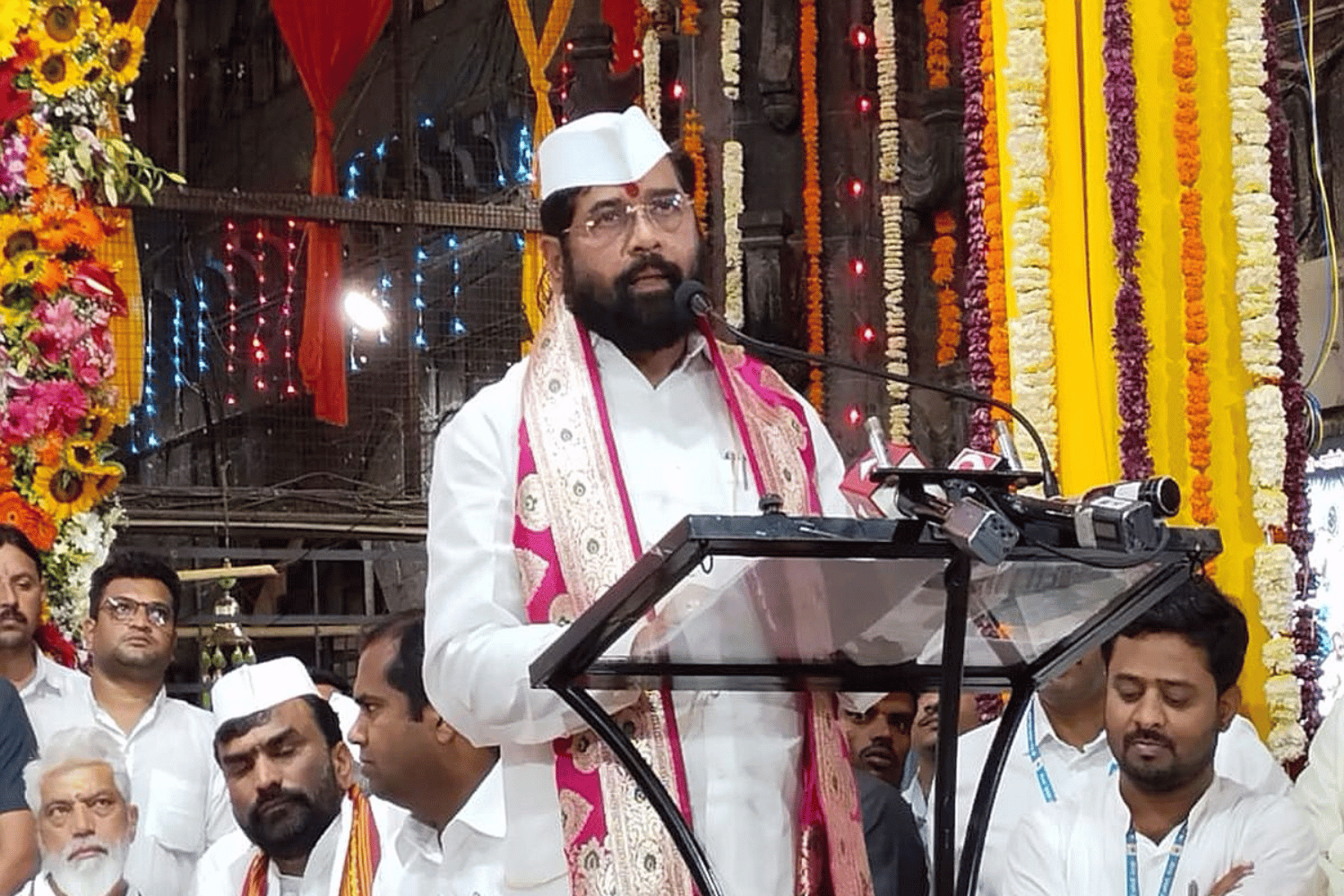
Mastering Different Types of Interviews: Tips For Effective Preparation

Whether you're a student, recent graduate, or job-seeker, landing the right job or internship is always a challenge. One of the biggest hurdles to success is the interview process - and this can be especially daunting if you don't know what kind of interview to expect. In this article, we'll give you some tips on how to prepare for different types of interviews so that you can put your best foot forward!
Introduction to Different Types of Interviews
As you embark on your job search, you will likely encounter different types of interviews. Some employers use behavioral interviews, while others might give a case study or ask you to solve a problem on the spot. The best way to prepare for any type of interview is to first understand the format and what the interviewer is looking for. Then, take some time to practice your responses to common interview questions. Here is an overview of different types of interviews and tips for how to prepare for each: Behavioral Interviews: These interviews explore your past behavior in order to predict how you will act in future situations. To prepare, review your resume and be prepared to discuss specific examples of times when you have demonstrated desired skills such as teamwork, leadership, or problem-solving. Case Study Interviews: In these interviews, you will be presented with a business problem and asked to provide a solution. To prepare, brush up on your knowledge of business principles and practicing solving problems under pressure. Situational Interviews: Also known as “what would you do” questions, these are designed to test how you would handle a hypothetical situation. To prepare, think of real-life examples of times when you have displayed the desired behavior or skill. No matter what type of interview you are facing, remember to stay calm and confident. If you are prepared, you will be able to ace any interview!
What to Expect During an Interview
When you go into an interview, it is important to remember that the interviewer is trying to get to know you and determine if you are a good fit for the job. They will ask you questions about your experience, your skills, and your goals. They may also ask you to describe a time when you faced a challenge at work or in your personal life. Be prepared to answer these questions honestly and thoughtfully. The best way to prepare for an interview is to practice answering common interview questions. You can also research the company ahead of time so that you can ask thoughtful questions about the job or the company culture.
Preparation Tips for Behavioural Interviews
Behavioural interviews are all about getting to know you as a person, and how you react under pressure. To prepare for a behavioural interview, it is important to first understand what they are looking for. They want to see how you act when faced with a difficult situation, and how you handle stress. There are a few key things to keep in mind when preparing for your behavioural interview: 1. Be yourself - the interviewer wants to get to know the real you, so don't try to be someone you're not. 2. Be prepared - have some examples of difficult situations you've faced in the past ready to share. Think about how you handled them and what lessons you learned. 3. Practice - role-play with a friend or family member before the big day so you feel more comfortable talking about yourself under pressure. 4. Relax - remember that the interviewer is just trying to get to know you better, so relax and be yourself!
Preparation Tips for Phone/Video Interviews
When preparing for a phone or video interview, it is important to remember that the interviewer cannot see you. This means that you will need to be extra careful in your body language and your voice. Here are some tips to help you prepare for a phone or video interview: 1. Dress professionally, even though the interviewer can't see you. This will help you feel more confident and make a good impression. 2. Choose a quiet place to conduct the interview where you won't be interrupted. Make sure there is no background noise that could interfere with the call quality. 3. Smile! Even though the interviewer can't see you, they can hear the smile in your voice. Smiling will also help you relax and come across as more personable. 4. Remember to use proper telephone etiquette including speaking clearly and slowly, and avoiding using slang or jargon. 5. Be aware of your body language even though the interviewer can't see you. Sit up straight, maintain eye contact, and gesture naturally when speaking.
Handling Difficult Questions During an Interview
The most difficult questions during an interview are usually those that probe into your weaknesses. However, with a little preparation, you can easily turn these questions around and use them to your advantage. When preparing for your interview, take some time to think about your weaknesses and how you can spin them into positive qualities. For example, if you tend to get nervous during presentations, you can emphasize your ability to stay calm under pressure. Or if you have trouble making decisions, you can highlight your thorough research skills. If you're still feeling unsure about how to answer a difficult question, try practicing with a friend or family member ahead of time. role-playing can help you feel more comfortable and confident when the time comes to face the interviewer. Finally, remember that it's okay to take a moment to gather your thoughts before responding to a difficult question. A brief pause will show that you're considering your answer carefully and not just giving a canned response. So relax, take a deep breath, and be prepared to ace those tough interview questions
Follow Up After the Interview
It is important to follow up after an interview, regardless of the outcome. Following up shows that you are interested in the position and are willing to put in the extra effort. It also allows you to thank the interviewer for their time and express your continued interest in the role. If you have not heard back from the employer within a week of the interview, it is appropriate to send a follow-up email or letter. In the email, restate your interest in the position and highlight a couple of key points from your conversation with the interviewer. You can also mention any additional information or questions that you may have. If you are waiting to hear back about a job offer, following up after an interview is a good way to stay top of mind with the hiring manager. Send a thank-you email within 24 hours of your interview and reiterate your interest in the role. You can also inquire about the status of the hiring decision and next steps in the process.
Conclusion
Preparing for interviews can be daunting, but arming yourself with the right information and insights into different types of interviews can make things much easier. By understanding each type of interview and how to best prepare for them, you can drastically increase your chances of success in any situation. We hope our tips have helped you understand the importance of tailor-made preparation for each type of interview and given you some useful strategies to apply when preparing for them. Good luck!



.webp)
